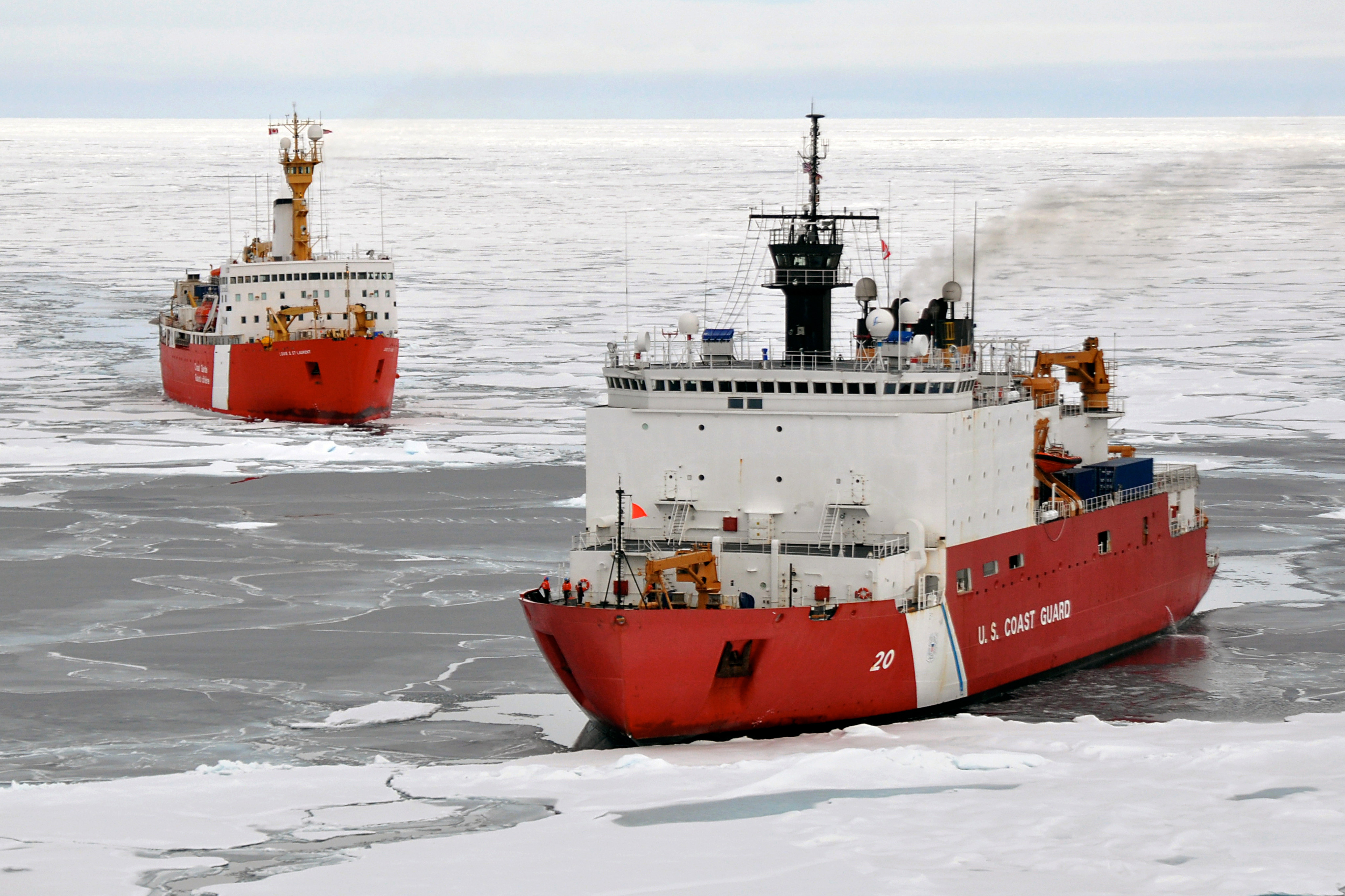U.S. Coast Guard tests new icebreaker designs amid calls for funding
The U.S. Coast Guard is testing new icebreaker models at a research facility in Newfoundland, Canada, CBC News reported Wednesday.
According to the report, the U.S. Coast Guard is using an ice tank at a National Research Council facility in St. John’s. In testing different icebreaker models, the researchers hope to determine which designs are the best for both breaking up ice and sailing through warmer waters, as well as how much fuel they might need and which engine is optimal.
“One of the things that makes our U.S. icebreaker design challenging is we have to not only break ice, but we have to get to the ice,” Coast Guard Rear Admiral Mike Haycock told CBC News.
[US Coast Guard will get some icebreaker design help from Canada]
The Coast Guard plans to have a new icebreaker for its fleet by 2023.
Because of the U.S. and Canada’s close relationship, Canada’s Coast Guard will be free to use data and test results produced by the U.S. Coast Guard during these trials, CBC News reports.

The news came the same day that E&E News reported lawmakers in the House Transportation and Infrastructure Subcommittee on Coast Guard and Maritime Transportation were having a hard time finding money to build new icebreakers.
Members of the committee from both sides of the aisle blamed the Office of Management and Budget for hindering funding requests, E&E News wrote.
Calls for new icebreakers from members of Congress, the Coast Guard and President Trump are not new.
In March, the Coast Guard gave out $20 million to five American shipbuilders to design new polar icebreakers, which are estimated to cost around $1 billion each to build.
There are currently two U.S. icebreakers in working order: the heavy-duty Polar Star, which is reaching the end of its service life, and the newer Healy, used for research.